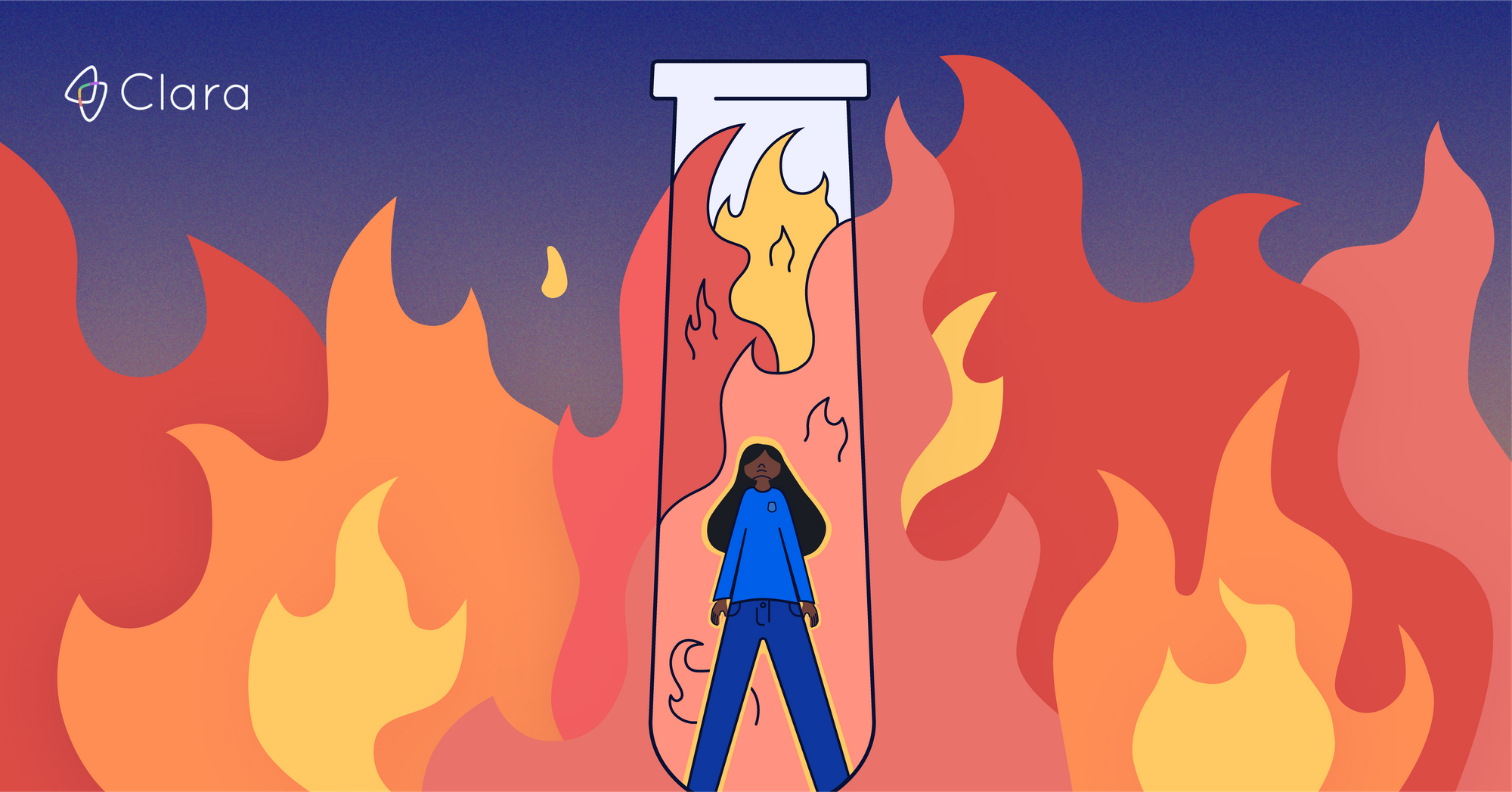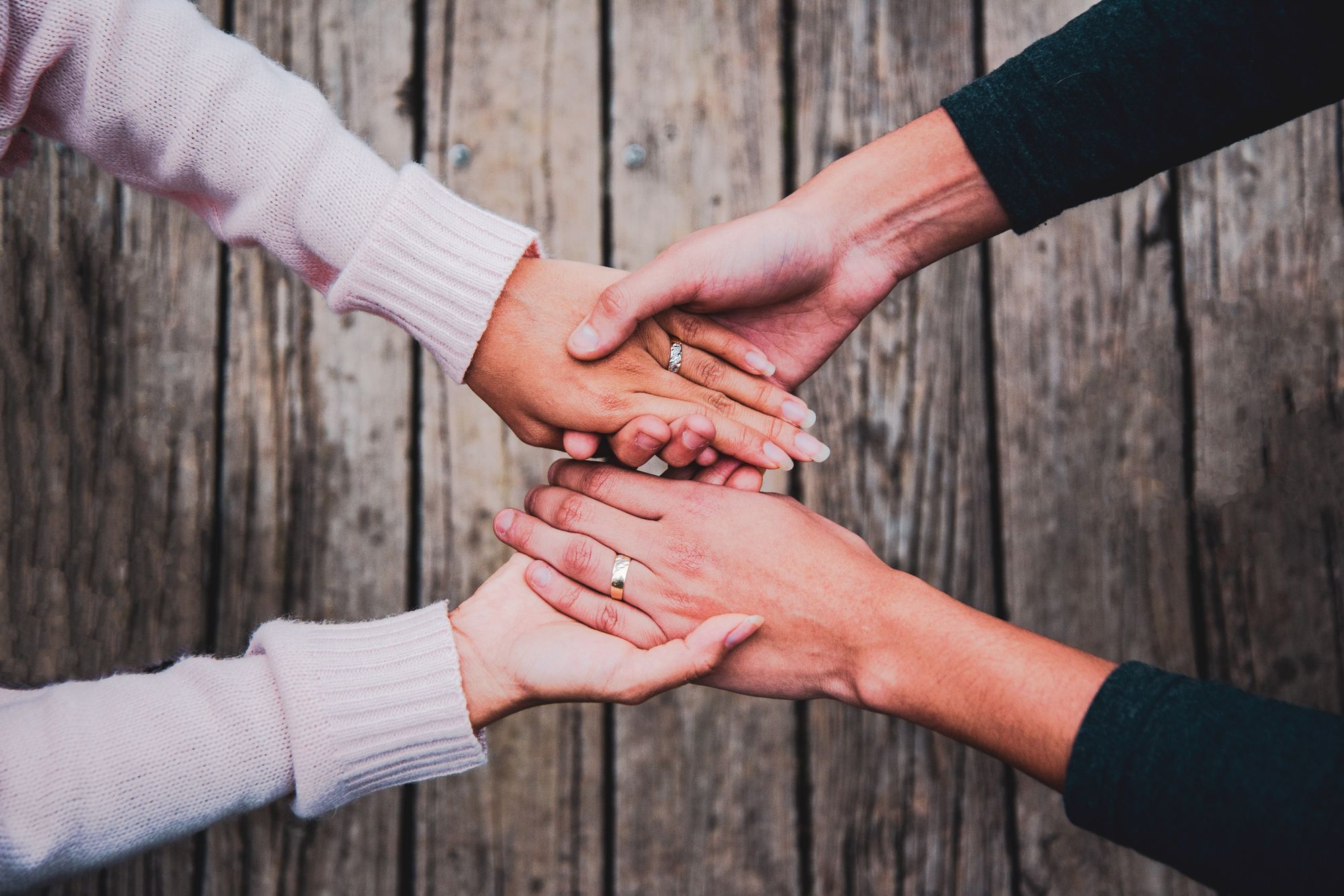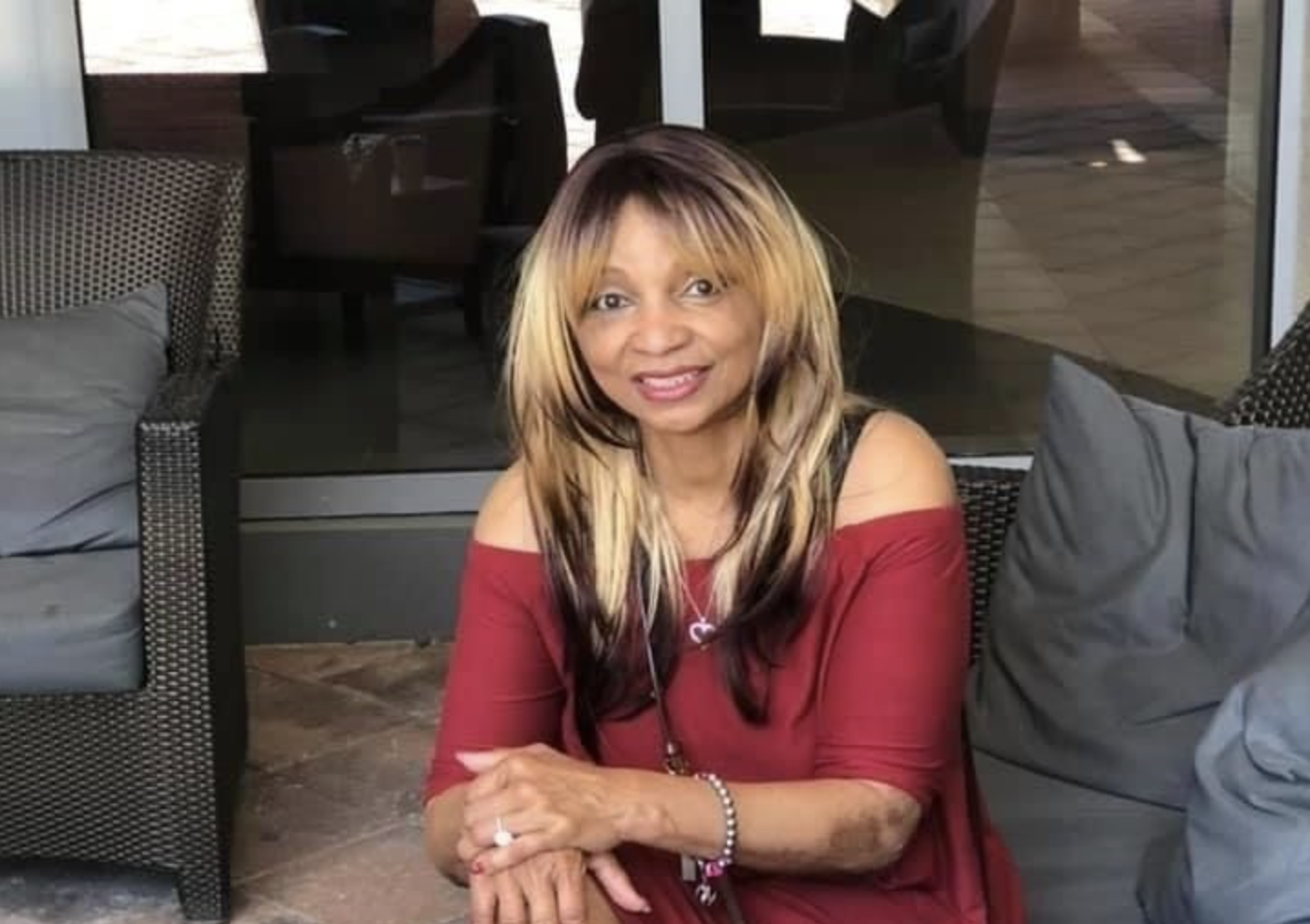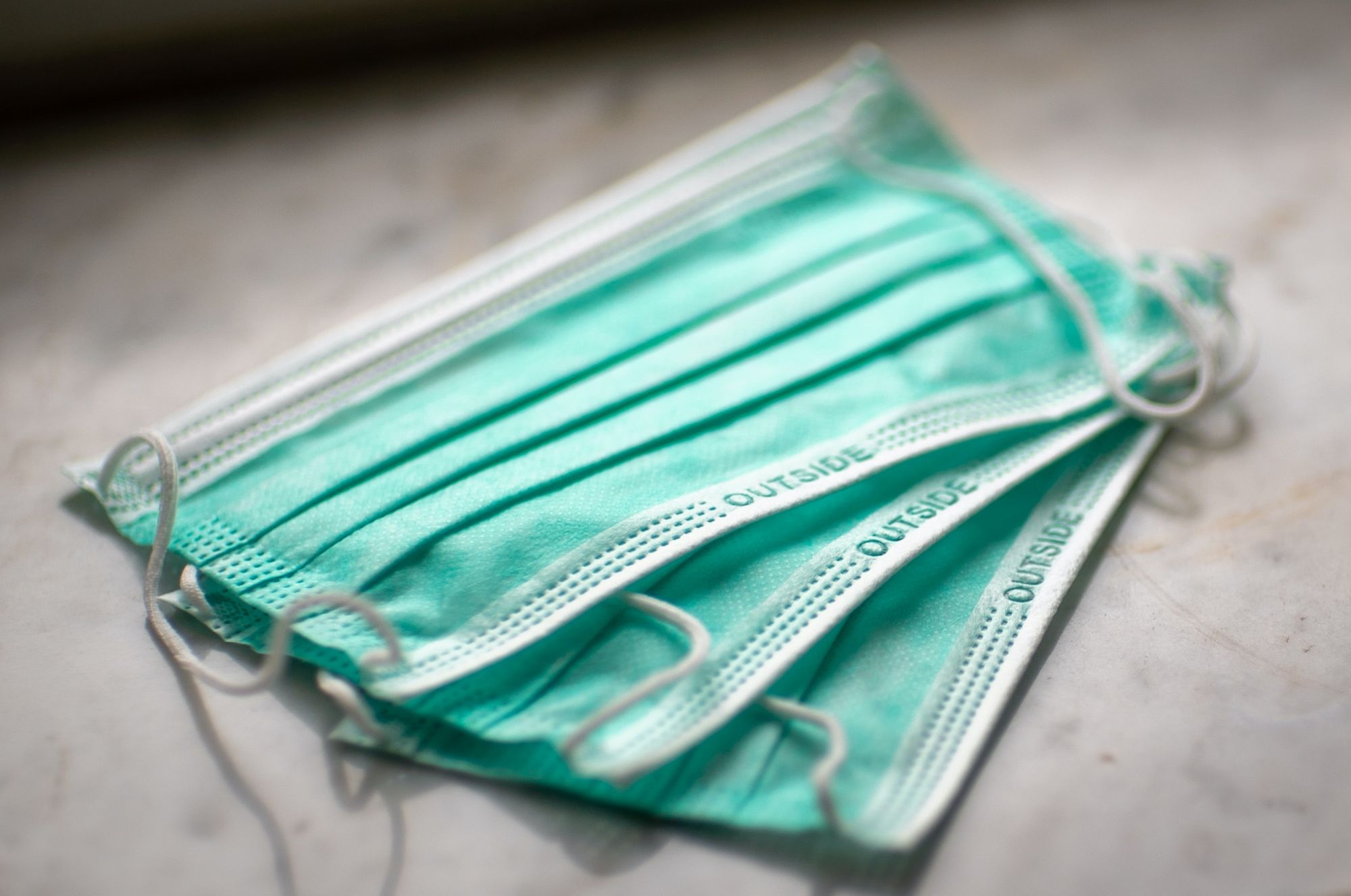“No, don’t look at that trial. People have been dying in it. I don’t think it’s a good fit for you.” Those were the words that I was speaking to my mother after she was diagnosed with Multiple Sclerosis when I was in High School. It wasn’t something that you would think a teenager would have cared about that much. But I did. This was MY mother that was being ravaged by this disease and if there was something that I could do, then it was going to happen.
Eventually we found a trial that she fit the criteria for. After discussing with her neurologist in depth, she enrolled. It felt like hundreds of signatures as she signed form after form after form. We took home our copies and read through everything. The risks, benefits, potential harms, purposes and phases of the trial were all on these papers. She was entering into a study with high dose corticosteroids once a month. Well, she was enrolling but didn’t know if she would be receiving the medication or the placebo.
The study lasted for two years and she was convinced that she was in the test group and not the placebo group. There was a little more energy in her step; I couldn’t tell you if it was the placebo effect, which can be significant in studies. All that I knew for certain was that something was different.
The trial ended and by the time results of the study were released, I was in college pursuing a nursing degree. Little did I know that it was just the beginning of my experiences with clinical trials, studies and observational experiments. Within years it was me who was looking for trials. The scales had tipped the other direction.
In 2014, dysautonomia became the ‘it’ word around our home. Within days my nursing career was something of the past. The unknown factor and “what-ifs” were something that kept me up at night. I was so uncertain about how to proceed. Health care professionals aren’t supposed to get sick; okay that’s just what we think. We just make worse patients than the public because we don’t take the same advice we would give to someone we were caring for.
Even scarier in this new life of mine, was the fact that despite all the resources I had at my fingertips, there were very few regarding my condition. Any research studies only had twenty to thirty participants maximum and it didn’t look like there were any trials going on.
Fast forward to today and dysautonomia is still the elephant living in our house, but I’ve accepted it isn’t going to smother me. I’ve armed myself with information and have many new resources, including those for clinical trials. My neurologist has me listed in several registries and I’m part of an observational study. I was the first person that was enrolled.
It took time and patience to get to this stage, one of acceptance and one of hope. This isn’t the end, it is just the beginning of so many more advancements and opportunities.
The patient empowerment era has been gaining traction and moving swiftly. Thinking back to even two years ago is something stark in contrast to today.
We are in the age where numerous opportunities for clinical trials exist. It is an option that should be made available to every patient, every time. Empowering them is a must.
The elephant in my house becomes a little smaller with each bit of knowledge that I gain. I would imagine that it may be the same case for you.






